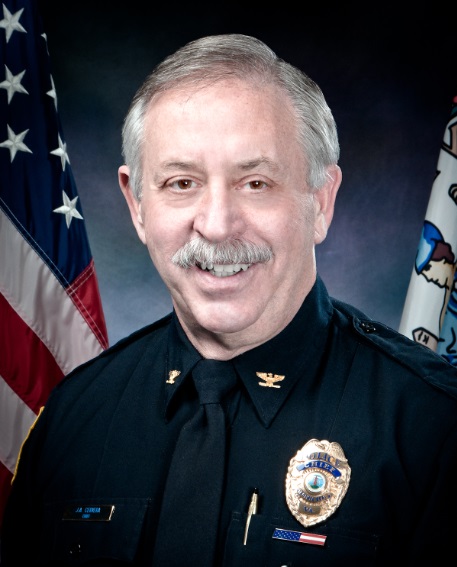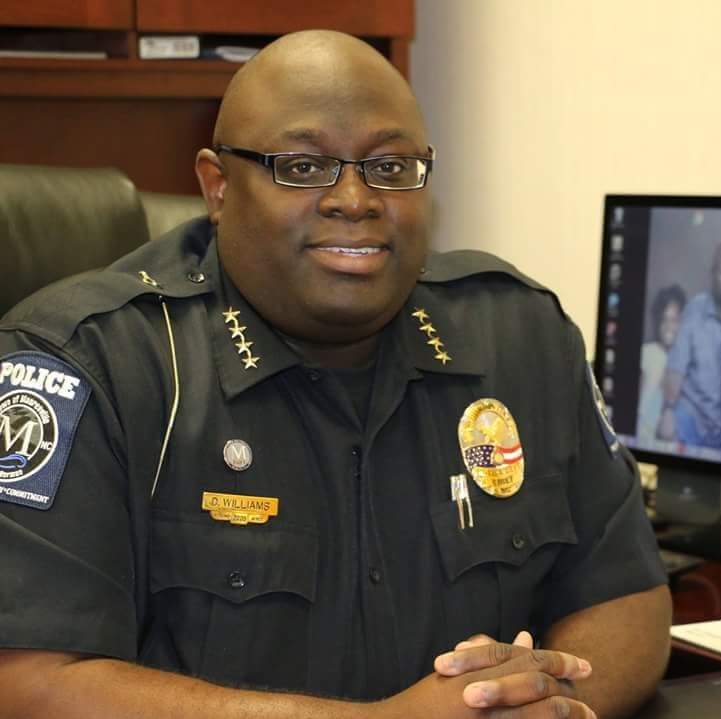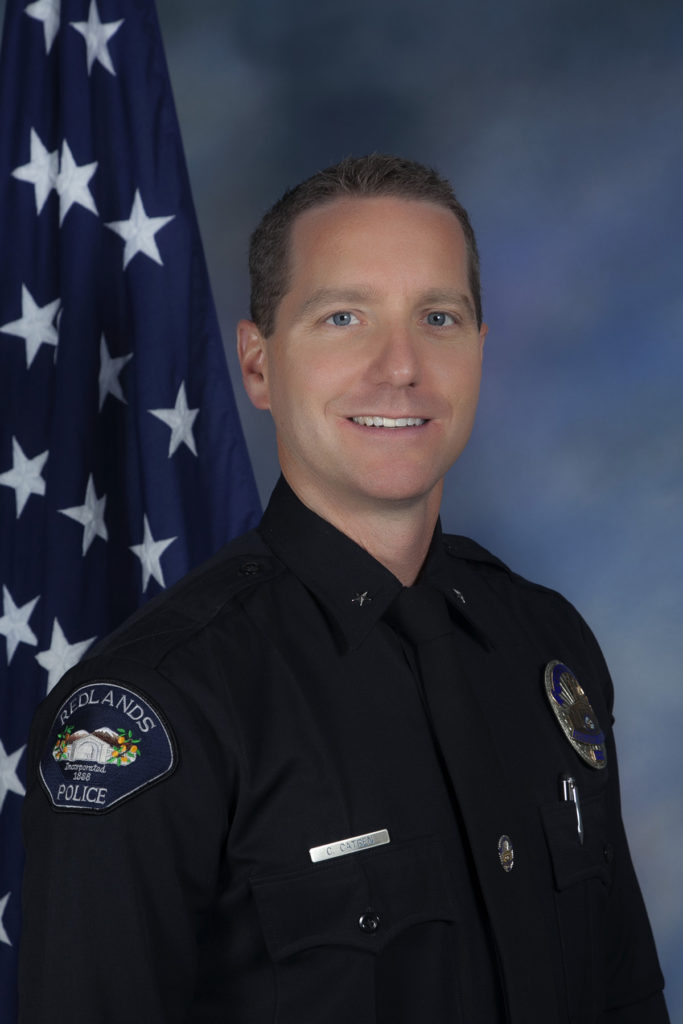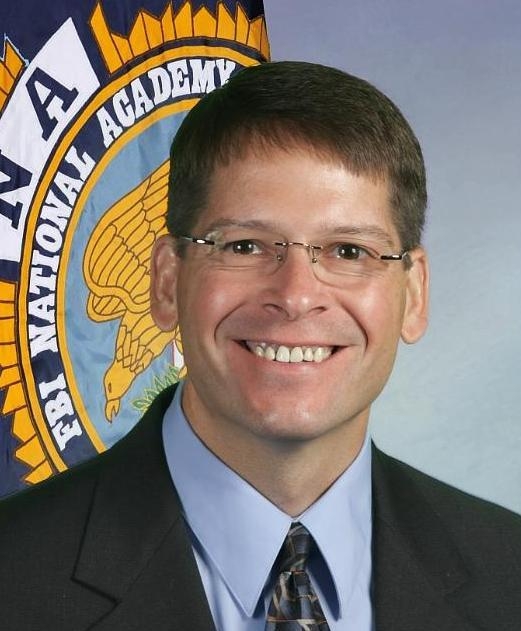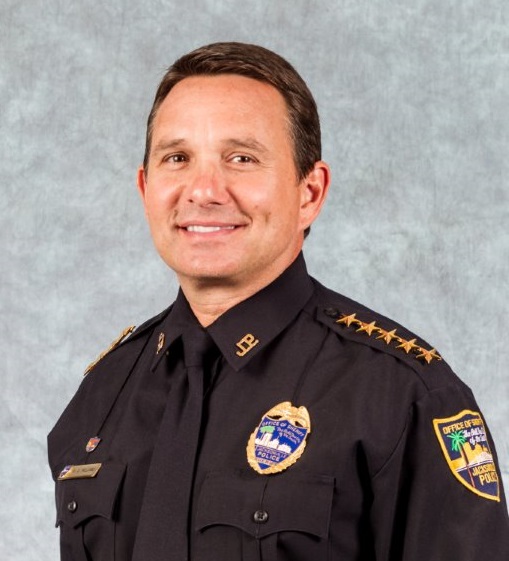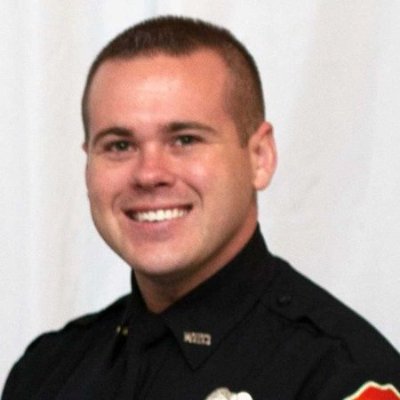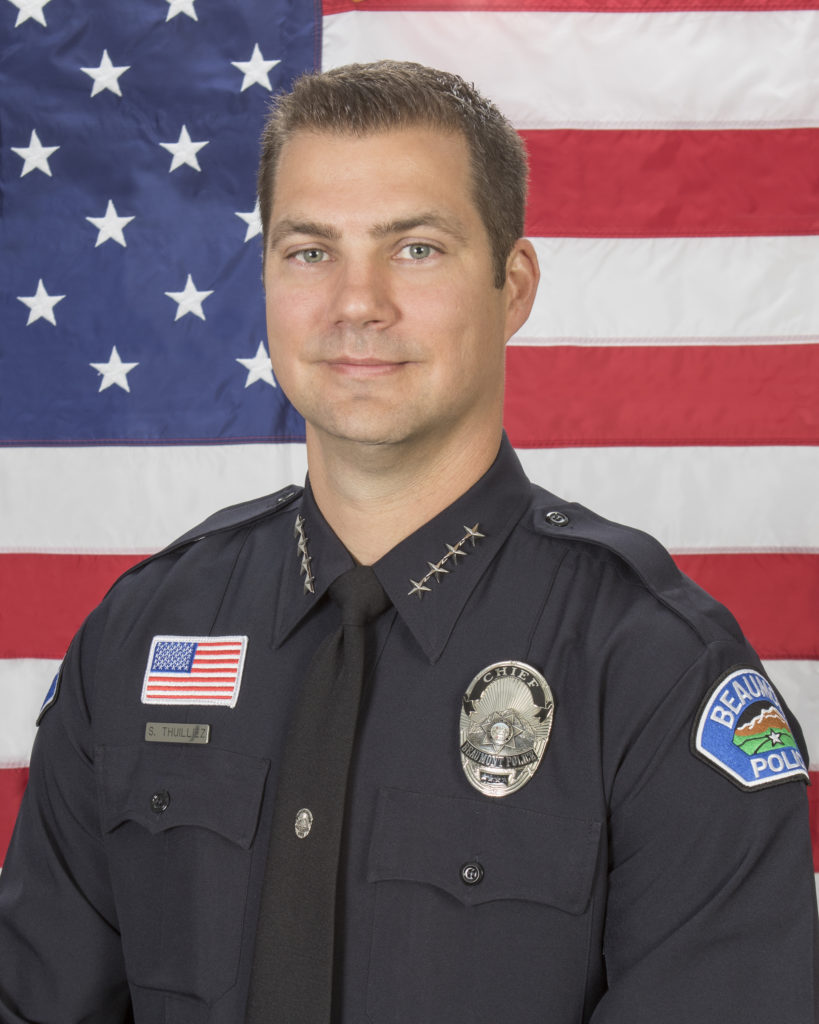Welcome to the OnPolicing Series
OnPolicing captures the thoughts of some of the country’s most important voices on contemporary policing. It is intended to stimulate debate about the state of policing and the myriad of challenges involved in controlling crime, disorder, and terrorism in a democracy like ours. The opinions are the authors’ own and may not represent the official position of the National Policing Institute.
Officers must learn to tell their stories
The officer who sat across from me at my kitchen table had clearly enjoyed a prodigious career but as he talked about himself, those tales weren’t materializing. I could see right then, if I were choosing whether to hire him, he would fail. I’d seen it many times before. Cops are great at being cops….
Want to Connect Better to Your Community? Just Ask Questions
A few years ago, some of my officers began investigating a shooting in which a guy had disappeared after he killed his wife and wounded his adult stepson. As some of the officers began looking for the man, some kids rolled up on their bikes. “Are you looking for that guy who shot those people?”…
Policing takes a village, too
Community policing can bring the entire town onto your team. And working together means communication, relationships. No matter the demographics of the department, no matter the socio-economics of the community, relating as people and neighbors changes everything. When I became chief in Mooreseville in April, I wanted to ease tensions in this large department, so…
Body Cameras And Privacy — Where Do You Draw The Line?
Since an officer in my police department was brought under suspicion of perjury for statements he made when he thought his police body camera was turned off, some of our constituents have been adamant in calling for a policy that police officers cannot turn off their body cameras at all while on duty. They feel…
Study Tries to Disrupt Burglary Pattern
If a burglary has occurred near your house within the week, your home is at an elevated risk for crime. This is a phenomenon known as Near Repeat, and policing and research experts recently collaborated on a program to prevent it. The consequent study just won the Redlands Police Department the International Association of Chiefs…
Harm Reduction and 21st Century Policing
In their recent paper titled Reinventing American Policing, Cynthia Lum and Daniel Nagan lay out a blueprint for transforming 21st century policing in a way that makes the profession more effective in providing safety and security for the public while maintaining trust in the police by the public. Their plan is based upon two guiding…
Cures Act is Step in Right Direction
Well, it is about time. This needed to happen. For too long we have required our law enforcement officers to respond to incidents involving people experiencing symptoms of mental illness and not given all of our officers the needed training. The many law enforcement officers I know are incredibly talented and skilled at a great…
Community Evacuation: What Works and What Hurts
When a storm like the recent Hurricane Matthew is headed our way, we need to persuade residents to evacuate, which can be a challenge. If you’ve lived in Florida any amount of time, you become your own hurricane expert. You’re always going to have people who think, “It didn’t happen last time, so we’re not…
A Little Whimsy Helps the Warn-and-Scold
“Don’t speed.” “Wear your seat belt.” “Don’t drink and drive.” Have you heard this before? Traditional messages similar to these are posted on law enforcement social media pages on a daily basis throughout the country. The messages are well intended, but have been repeated so much that they often fall on deaf ears. As law…
The Importance of Shop with a Cop
My family and I had just driven 9-year-old Indicta from our police station to the local Walmart for our annual Shop with a Cop. We climbed out of my unmarked vehicle, preparing to join with the other 39 cop-and-child combos to go and find perfect holiday gifts for all of the kids, who come from…


